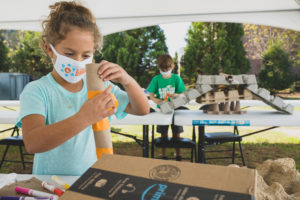 Atlanta’s Jewish day camps have had months of experience perfecting fun, safe, and engaging programs for kids during COVID-19. Now, In the City Camps and MJCCA Camps are using everything they’ve learned about combining fun and safety to plan memorable summer experiences in 2021 — both virtually and in person.
Atlanta’s Jewish day camps have had months of experience perfecting fun, safe, and engaging programs for kids during COVID-19. Now, In the City Camps and MJCCA Camps are using everything they’ve learned about combining fun and safety to plan memorable summer experiences in 2021 — both virtually and in person.
In the City Camps pivoted to virtual Jewish family programming right away in March, as schools closed and families began quarantining. Last summer they moved into both virtual camp and in-person camp at The Weber School. For summer 2021 In the City Camp will host in–person camps at Chabad on the BeltLine for three weeks in June, and at The Weber School for four weeks in July. Virtual camp will also be an option. Registration begins in January.
MJCCA Day Camps also pivoted immediately to meet the needs of families, offering daily virtual programming that included arts & crafts, cooking, sing-a-longs, STEM projects, and more. For the first four weeks of summer, MJCCA Day Camps hosted virtual camps and then pivoted again to offer in-person camp. Director Jodi Sonenshine said, “When we realized the pandemic was not going to be short lived, we reviewed all public health guidelines and planned a safe in-person camp that still had all the magic, fun, friends, and adventure of summer. We reimagined the entire day, from temperature checks in the morning, to small groups, no mixing between groups, masks indoors, and more. Campers were outside as much as possible enjoying our pools, lake, bumper boats, fields, ropes course, and more on our 52-acre campus. Our campers had the best summer and their parents were so thankful.”
Both programs have developed their own unique formulas for a winning camp culture.
“2021 will be In the City Camp’s 10thanniversary year,” said spokesperson Tali Benjamin. “We’ve perfected a program that puts the best parts of overnight camp into an intentionally Jewish day camp package. We are uniquely based on Jewish values, connection to Israel, and Hebrew language in a kid–friendly way. We continue to help kids build self-confidence through choices, so they discover what they are good at, and try new things too.”
As a result, In the City Camps has built a large community of families that loves doing Jewish things together all year long. They meet virtually for Shabbat, Hanukkah candle-lighting, and havdalah. Even summer staff members who are away at college sometimes join in! You can get a taste of In the City Camps and meet some of their lead staff, at their free virtual pop-ups held twice a month. Information here.
The MJCCA also leveraged its strengths. When many schools announced a virtual start, the MJCCA reimagined their Club-J afterschool program as Club-J Your Way. They took the proven framework and protocols of in-person day camp and created Club-J Your Way — a full day, or school day program with an after-school option. Kids are in small groups, in dedicated spaces, wearing masks, while their virtual learning is facilitated. They get to enjoy amazing activities during learning breaks and when the school day is over.
“Club-J Your Way kids appreciate the structure of our school-like atmosphere and also love being able to enjoy camp activities all year long,” Jodi Sonenshine says. “Parents tell us how thankful they are to have a safe, engaging place for their kids so they can be back to work.”
MJCCA Day Camps is gearing up for Summer 2021 and will offer campers CIA Summer Days @ the J, Sports, Performing Arts, Theme, and Teen camp options. MJCCA Day Camps Summer 2021 registration begins January 10 at 10am. Club J Your Way registration is ongoing.

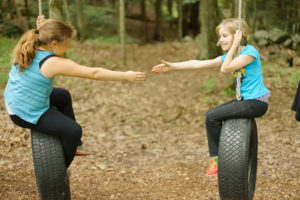 Jewish Camps Ready to Support Camper Mental Health
Jewish Camps Ready to Support Camper Mental Health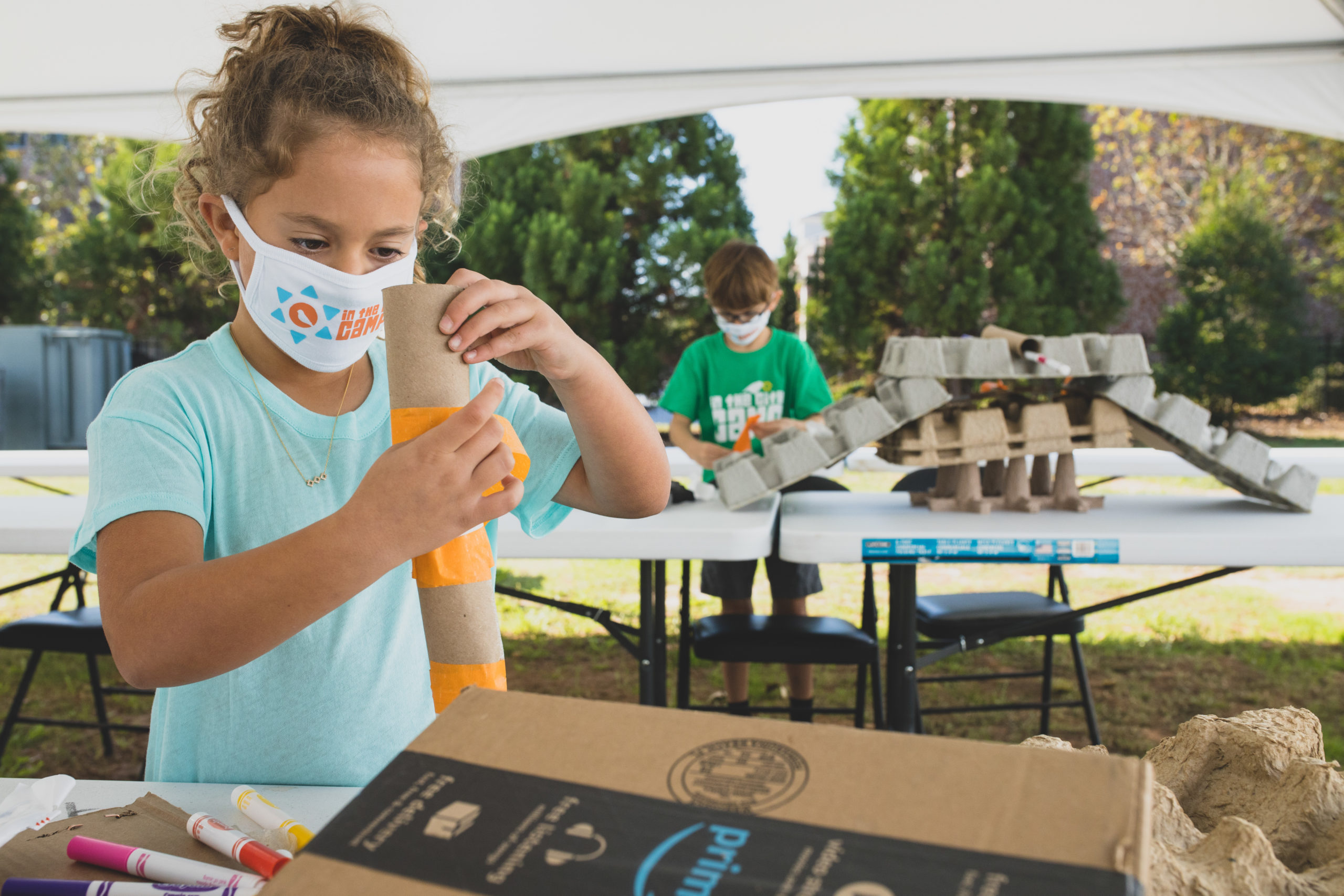
 Atlanta’s Jewish day camps have had months of experience
Atlanta’s Jewish day camps have had months of experience 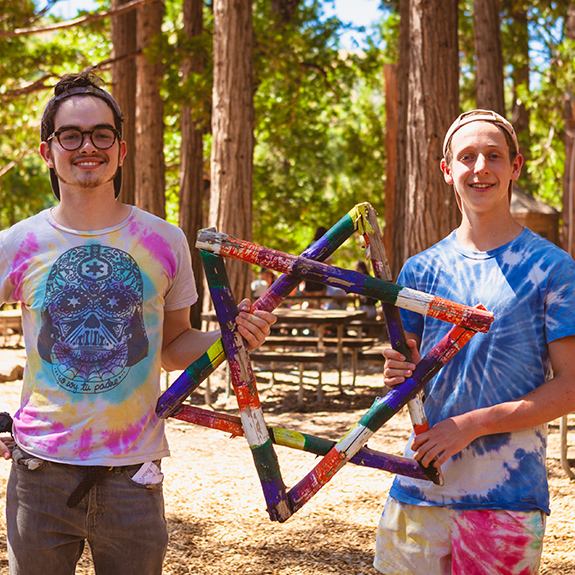
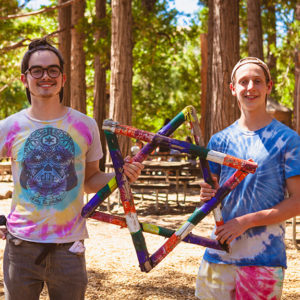 Atlanta families whose kids couldn’t attend overnight camp last summer due to the pandemic are overjoyed that the 2021 camp season is a “go.” Enrollment in our five regional camps is surging, and as members of the American Camping Association (ACA) they’ve all been carefully following ACA guidelines to create a safe experience this summer. Our camps are expanding their outdoor spaces for a wide range of activities, and many will have COVID-19 testing programs in place for campers. Camp may feel a little different with new safety measures in place, but it will still be a magical Jewish experience for our kids.
Atlanta families whose kids couldn’t attend overnight camp last summer due to the pandemic are overjoyed that the 2021 camp season is a “go.” Enrollment in our five regional camps is surging, and as members of the American Camping Association (ACA) they’ve all been carefully following ACA guidelines to create a safe experience this summer. Our camps are expanding their outdoor spaces for a wide range of activities, and many will have COVID-19 testing programs in place for campers. Camp may feel a little different with new safety measures in place, but it will still be a magical Jewish experience for our kids.

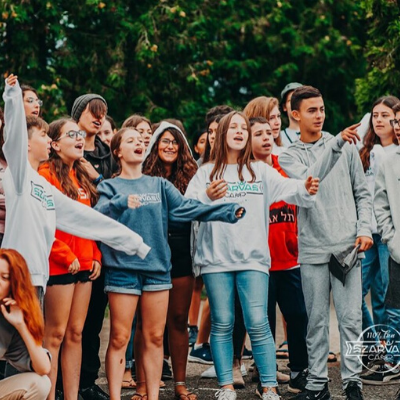
 They’ll Never Take Being Jewish for Granted After Camp Szarvas
They’ll Never Take Being Jewish for Granted After Camp Szarvas

